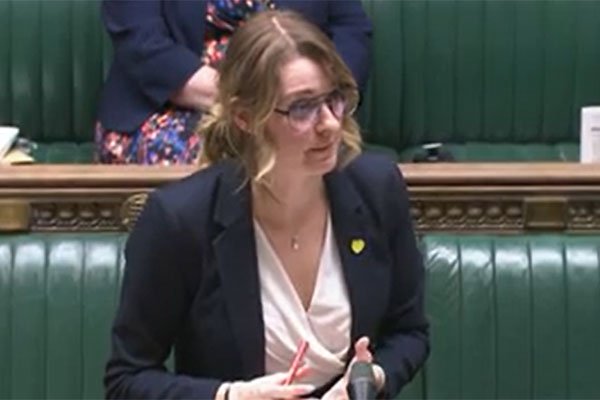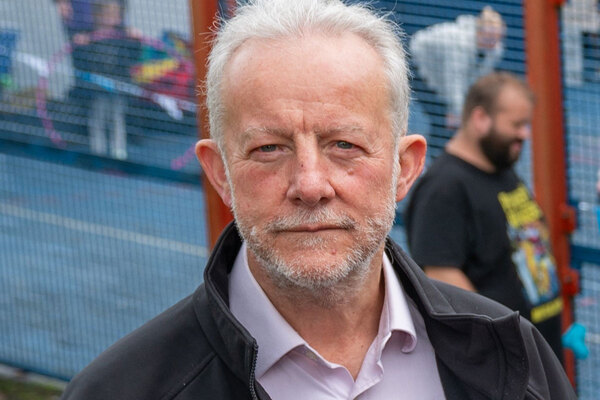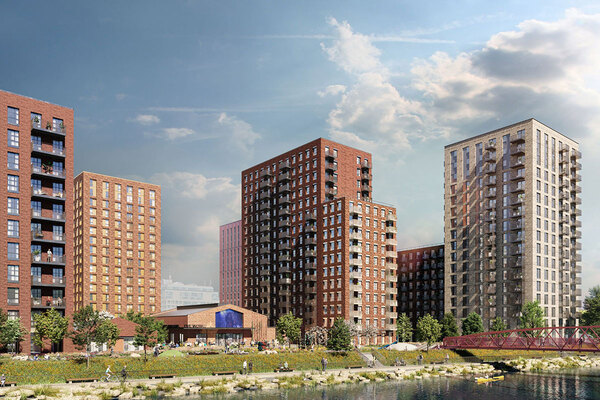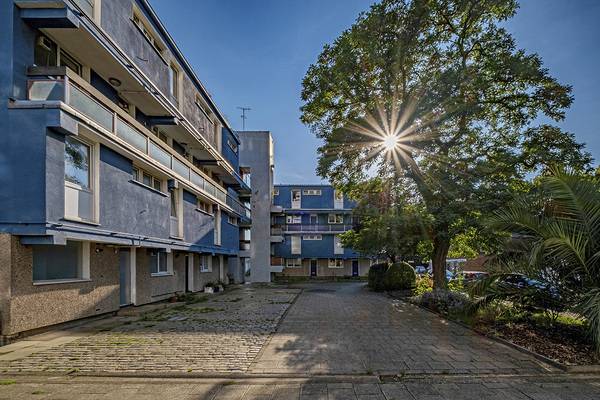You are viewing 1 of your 1 free articles

Sue Shirt is chief customer officer at Stonewater
Housing qualifications are no guarantee of professionalism
Sue Shirt argues that the housing sector must move away from thinking housing management is a property business and start seeing it as a customer service business
The social housing sector is under the regulatory spotlight – we have lost the trust of some of our customers and through that, our wider society. The professionalism of people within the sector has been questioned by the housing secretary, with incoming regulation attempting to standardise expectations of formal qualifications for social housing professionals.
While formal qualifications add value to the sector – and I am myself a fellow of the Chartered Institute of Housing – we’re in danger of missing the point.
We must move away from thinking housing management is a property business – it never has been. It is a customer service business. If our customers say they feel stigmatised, ignored or served less well, then we must respond.
The stigma associated with living in social housing is something our customers continue to endure. But this doesn’t need to exist. Take the NHS for example: no matter your circumstance, you are entitled to the same treatment and respect as anyone else.
Ask yourself: are our customers treated in the same way as those who own their own home? Why does the media define people by their housing tenure? Do we regard people who live in social housing as somehow being prepared to accept lower standards? Sadly, the answer is yes.
Our society so negatively caricatures social housing customers. So why are we surprised when that influences those that serve them? And by ‘serve them’ I mean build their homes, undertake maintenance and yes, sometimes, manage their homes as well.
“Ask yourself: are our customers treated in the same way as those who own their own home? Why does the media define people by their housing tenure?”
I recall, as a social housing customer, a plumber coming to replace a tap. He initially fitted one that was nowhere near a like-for-like replacement and said, “Oh you don’t mind, do you?” I did mind – and he wasn’t happy. This is the challenge we must meet.
Professionalisation is one way of addressing marginalisation or inequality. To be effective we need to change the narrative about our fabulous, resilient customers. We must modernise and focus on the creation of a service culture, redesign our services to meet the needs of a discerning customer and embed continuous improvement into our ways of working. Training and development are just one part of the professionalisation roadmap.
To guide this systemic change, we need to achieve a collective understanding of how to professionalise the sector, and to develop a set of core standards, outcomes and competencies that represent our common purpose – led by our customers, not by qualifications.
The way to best serve your customers is not through paternalistic rescuing. It is by reflecting the communities we serve, ensuring that our staff include the right blend of lived experience as well as gender, religion and ethnicity. We must also employ people who respect our customers, understand their difficulties and create an environment from which our communities can thrive.
“We need to achieve a collective understanding of how to professionalise the sector”
I worry that requiring housing managers to have a Level 4 or 5 Certificate or Diploma in Housing, or a foundation degree from the Chartered Institute of Housing, will exclude the people who live in our homes because previous disadvantage has left them less likely to have access to those qualifications. Reinforcing stigma is not what we should be looking to achieve.
For me, professionalisation is about competency around customer service. I see housing as a service that is delivered in order to empower individuals to be successful in their lives.
Training is not a panacea. There are some great qualified and unqualified professionals out there – and there are some with a housing degree that I would not want to be served by.
Sue Shirt, chief customer officer, Stonewater
Sign up for our daily newsletter
Already have an account? Click here to manage your newsletters












